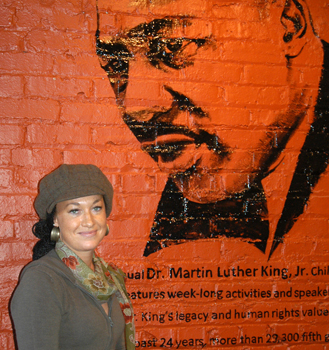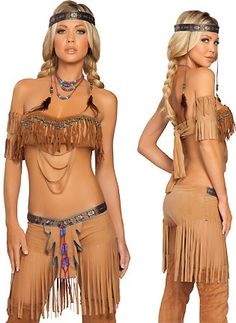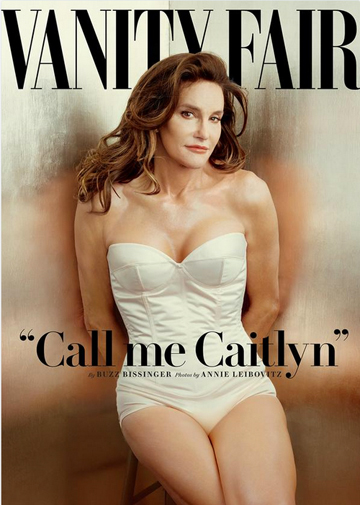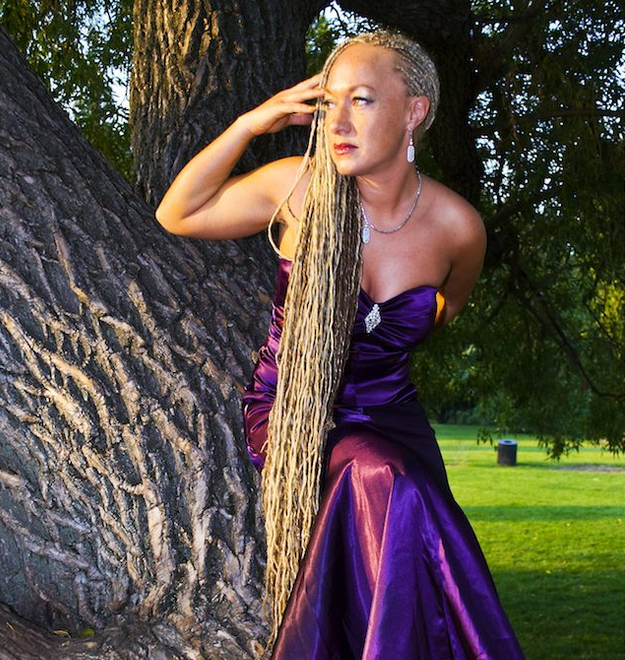aNewDomain — Rachel Dolezal isn’t black. Not really. Hers is the story of the week, of course. And everybody has an opinion.
— Rachel Dolezal isn’t black. Not really. Hers is the story of the week, of course. And everybody has an opinion.
I’ve been following the story with half an eye. It’s too strange for me to really understand. That thought has kept me out of any of the million discussions and I’m happy about that. Because every time I come close to forming an opinion on the Rachel Dolezal matter, close to getting a handle on things, another weird penny drops.
There seems to be always another surprise with this story, one more “but what you didn’t know is …”
I see surprisingly little hate here and more attempts to understand the phenomenon than hard judgments. The idea that a white person would want to present themselves as black may be too foreign for most.
 But should it be?
But should it be?
Here’s a word I haven’t seen yet in this discussion: Appropriation. Maybe someone has wondered about it and I just missed it, but I think this is the largely unspoken problem underlying the curiosity.
When black folks act white, it’s called assimilation. And when white folks act black, that’s appropriation. One set of cultures is dominant and the other is on the downside of power, vulnerable. In our melting pot, keeping an ethnic or racial identity is a struggle. And it confers numerous disadvantages.
It takes work and courage to remain Latino or Latina in a society where you can pass, for example, and gain all the benefits of whiteness if you want them. There’s a ton of pressure in all that.

But people have appropriated minority cultures for many reasons and in many ways over the last century or so. Maybe the worst modern example is Halloween costumes; we make over indigenous culture into a subject for cosplay, caricature or worse.
The music industry is rampant with appropriation. White rappers emulate hip-hop culture and reach new markets. Before rap music, the Beatles listened to old blues albums and learned to play what they heard. Essentially, they exported and then re-imported blues music to America with white, British faces.
When black artists struggled to break through the color barrier, there were always white derivatives ready to exploit the market.
 Even white advocates for race parity to some degree appropriate the struggle, make it our own.
Even white advocates for race parity to some degree appropriate the struggle, make it our own.
I become both angry and excited on behalf of my friends. Most are happy to have an ally. But sometimes they point out that I’ve taken a piece of what’s theirs. It is, after all, their outrage, hurt, suffering … and maybe redemption. I put it in my blog. It raises consciousness, maybe. Does a good. I hope it is a net gain.
But there is a loss, too. Something was taken that was never truly and freely offered.
When it comes to Dolezal, again, the case is complex. I’m sure the woman who is Rachel Dolezal is equally so. Judgment is really not warranted. I advocate respecting the woman’s privacy.
The anger around the edges of this thing seems to center around appropriation. That’s interesting.
Donezal stands accused of taking something that wasn’t hers, claiming an identity she didn’t earn through birth.
It has been a month for these sorts of questions. There is also Caitlyn Jenner, for example. Has she appropriated womanhood? When she goes to the  front of the line for a Vanity Fair cover, is this to do with a refusal of her new gender (as in, residual male privilege) or something else, a need to feed public curiosity on the mechanics of sex-changing?
front of the line for a Vanity Fair cover, is this to do with a refusal of her new gender (as in, residual male privilege) or something else, a need to feed public curiosity on the mechanics of sex-changing?
Why does Caitlyn get to be beautiful in a swimsuit and the rest of us are stuck in less ideal bodies? What has she taken that was not necessarily offered?
Is this a net good?
Over here in white male land, where I reside, it’s difficult to imagine other folks’ feelings in response to these stories and the publicity they garner. When other people want to be like me, it isn’t a controversy or headline news. People assimilate to majority culture all the time, with varying levels of success, and I have no special feelings about that.
Because I don’t have to struggle for white maleness or with white maleness, the identity isn’t special to me. White isn’t an ethnicity, not by default; we look at it so often as just a generic person, forgetting that most people on Earth aren’t white and that everybody is from somewhere.
Rachel Dolezal might be a shot in the arm. She might help us deconstruct the notion of race.
In small ways, she may represent one more increment towards understanding that race is not a biologically useful or especially logical construct. There is no gene for race in the genetic code. It is an artificial identifier.
But race is undoubtedly a very real social construct, with surprisingly serious implications. As Dolezal is finding out.
For aNewDomain, I’m Jason Dias.
Image one: thefigtree.org, All Rights Reserved.
Image two: via Pinterest.com, All Rights Reserved.
Image three: ManiaDB.com, All Rights Reserved.
Image four: Caitlyn Jenner on Vanity Fair, All Rights Reserved.
Cover image: BreiBart.com, All Rights Reserved.













